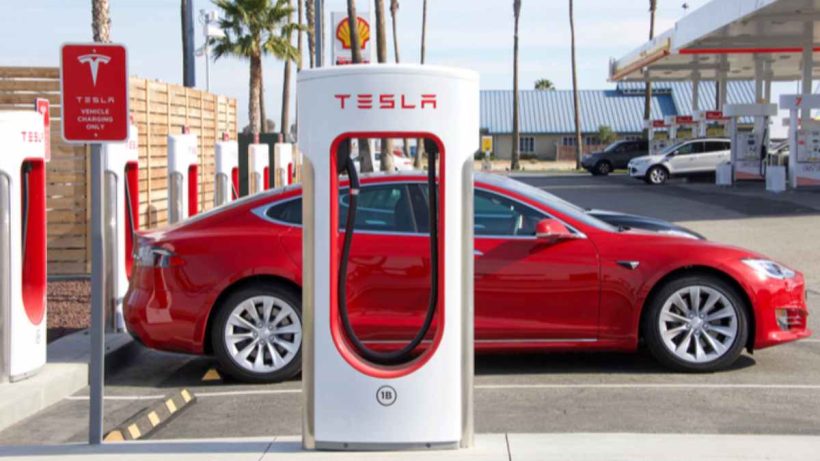For a long time, gasoline-powered engines have ruled the automotive and transport industry with an iron fist. But this may no longer be the case as electric vehicles (EVs) are gradually taking over.
Electric vehicles have a battery to store the electricity used to power them. However, the main hurdle for EV growth, apart from the prohibitive cost, has been range – a major source of anxiety for most EV owners.
But developments in battery technology have brought down the cost, and combined with an increase in charging infrastructure, EVs are now a more viable option for daily commuting. Current EVs have better ranges and can take you longer distances, especially past state border lines for people that really need to travel.
So, how long does it take to charge an electric car?
What determines the EV charging time for electric cars
In a nutshell, all batteries are not made equal. Different EV models have different types of batteries, so the range and charging times will vary.
Since most folks have different commuting needs, charging times are vital and should be at your fingertips. That is unless you fancy getting stuck with a dead battery in the middle of no man’s land – nobody wants that!
But what determines the EV charging times?
For one, the size of the EV battery plays a significant role in how much time it takes to charge fully. The larger the battery capacity, the longer it’ll take to juice up.
EV charging times are also about your charging method or the EV charging level. At the bottom is Level 1, or the “trickle charging.” This is the slowest and so most appropriate for overnight charging.
Level 2 charging, or fast charging, is in the middle of the park in EV charging. Level 2 charging is typically what you’ll find along the highways, malls, municipal installations, and other public stations.
Lastly, there’s DC fast charging, with the fastest charging times. Level 3 charging requires specialized charging stations.
Average EV charging time for different types of charging methods
The power and the type of charging equipment determine how long you wait for your EV to charge up and be ready for use. Here’s how long each charging kit takes to charge your electric vehicle:
- Level 1 charging is at the bottom of the pile. The wall outlet has an output of 120 volts and adds an average of 3 miles every hour. This translates to around 40-50 hours from empty, depending on battery capacity.
- Level 2, or the “EVSE” (Electric Vehicle Supply Equipment) charging, utilizes a 240V outlet. EVSE charges the EV battery at around 20 miles per hour. You can install level 2 charging at home.
- On the other hand, Level 3 charging has a 480V outlet and can juice up the battery to 80% in as little as 30 minutes. DC fast charging is available mainly in public charging stations and may require a fee.
EV charging time VS refueling time for gasoline cars
While refueling at a gas station only needs around five minutes, charging an EV will take hours. But remember that recharging is not frequent, especially if you have an immense capacity battery and the daily commute is not so much. Let’s say three days without charging for the modern EVs with a range of over 200 miles.
Other factors, such as battery degradation, can affect battery performance and longevity. Also, charging a battery in extreme temperatures can impact the EV battery.
Charging efficiency is also a factor, as you can lose some energy to heat loss during charging, depending on the charging equipment used. While charging efficiency may be determined by the current weather or season, you should always have high-quality charging equipment and charge the vehicle in well-ventilated spaces.
In conclusion, charging your electric car can take a few hours to a full day, based on the battery capacity and charging method. While it’s not as fast as refueling a gasoline car, it’s still a viable option for daily commuters or long distances. At a minimum, pick a suitable battery capacity and range based on your needs.
Laila Azzahra is a professional writer and blogger that loves to write about technology, business, entertainment, science, and health.
